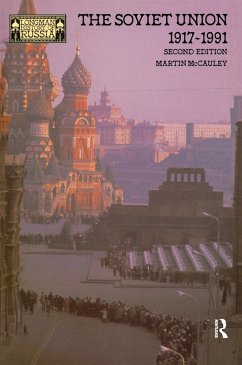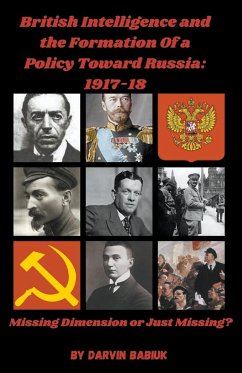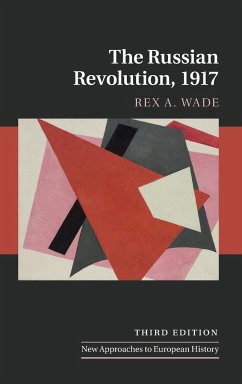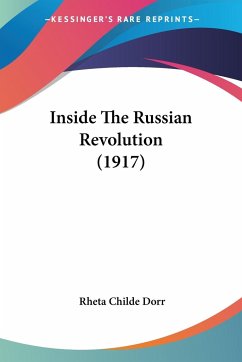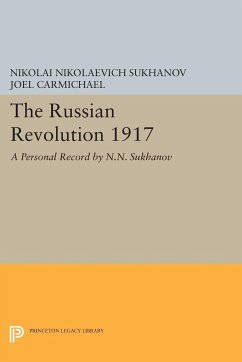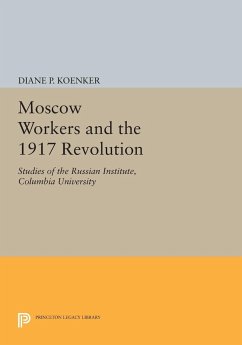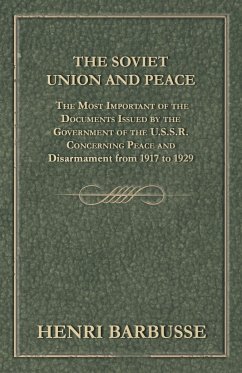
The Soviet Union and Peace - The Most Important of the Documents Issued by the Government of the U.S.S.R. Concerning Peace and Disarmament from 1917 T
Versandkostenfrei!
Versandfertig in 1-2 Wochen
23,99 €
inkl. MwSt.

PAYBACK Punkte
12 °P sammeln!
Henri Barbusse introduces this history of the Soviet Union, written only eleven years after the October revolution and the formation of the U.S.S.R. Barbusse was a firm believer in the power of Communism to bring peace to the world, his political views tempered by his experiences in the trenches of the first world war.






